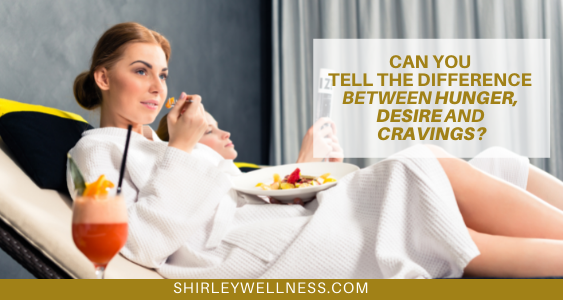How to Control Portion Sizes
Are your Portion sizes slipping?
It can be very difficult in this culture of fast food to control portion sizes. How is it that we are eating bigger portions? This Super-size trend was probably first seen on a mass scale in the US in 1993, when McDonald’s introduced ‘dino size’ portions to tie with the launch of the film Jurassic Park.
The drive to offer value for money affects food advertising as well. Restaurant chains and processed food products often carry images of plates covered with generous servings of food to suggest good value.
30 years ago portion sizes were much smaller than they are today. Needless to say this is bound to change how much we eat, and most of us probably eat more than we need.

Always Weigh or Measure your food. Remember to use scales, spoons or cups - don’t guess!
Follow these Tips for better Portion Control:
- Size matters! If trying to lose weight, it is still important to control portion sizes of some foods even though they may be 'healthy' ones. All foods contain energy and too much energy means no weight loss.
-
Sit down to eat and eat slowly and mindfully - Eat ALL your food this way whether this is a main meal or snack - slowly and mindfully.
-
Leave food on your plate - accept that it’s okay to do that if you need to, don’t treat your stomach as a rubbish dump!
-
Plan ahead when eating out. When you are going out to eat, decide on where you will be eating and check their menu online. Choose which food best fits in with your weight loss plan and stick to it.
-
Use a smaller plate. Using smaller plates can help you eat smaller portions. By using smaller plates and bowls, you may be able to gradually get used to eating smaller portions without going hungry.
It takes about 20 minutes for the stomach to tell the brain it's full, so eat slowly and stop eating before you feel full.
-
Don't go back for seconds.
-
Store leftovers in single-serving containers for quick meals.
-
Measure food accurately. For foods and beverages, use gadgets like a measuring cup, tablespoon, teaspoon, or food scale.
-
Use portion control dishware or spoons. Pick out smaller plates, bowls, cups, and glassware in your kitchen and measure what they hold.
You might find that a bowl you thought held 8 ounces of soup actually holds 16, meaning you’ve been eating twice what you planned.
-
Measure oil carefully. Especially important because oil (even the healthful kinds like olive oil) have so many calories. Do not pour it directly into your cooking pan or over food. If losing weight - don’t use oil at all, use water instead.
-
When eating out - Control your portions . Eat half or share the meal with a friend. If eating a salad, ask for dressing on the side. Ask for half the portion size.
-
Listen to your hunger cues. Eat when hungry and stop when satisfied or comfortably full. Eat to when you are 80 percent full and stop there.
And More…...
Drink a glass of water before each meal or snack
Could you be thirsty? Sometimes when we think we are hungry, we are actually thirsty. Most people (unless they are used to drinking 8 glasses of water a day) are dehydrated, so they can easily mix up their hunger and thirst cues.
Drinking a glass of water before eating can result in greater feelings of fullness and less food consumption. A study shows that when overweight and obese older adults drank 17 ounces (500 ml) of water 30 minutes before a meal they consumed 13% less calories without making any changes to anything else.
Eat Mindfully
Frequently we overeat because of stress hormones that float through our system. When we experience the fight-or-flight response, the body thinks it is in danger and needs fuel for all the extra tasks it may have to perform.
To get that extra fuel, we crave sugar or carbohydrates, as they can easily be converted to energy. Are you getting the picture?
At times of great stress, it stands to reason that you will not have an urge to eat cucumbers or carrots! The body cannot differentiate between real danger and perceived danger - even watching a horror film can set off the stress response. The body just does what it evolved to do 700,000 years ago.
Another trigger that lures us into eating more, but not necessarily wholesome, food is loneliness. Eating equals a sense of safety.
I invite you to see if you can reintroduce pleasurable mindful eating.
See this article about sitting down to eat for more information about mindful eating.



